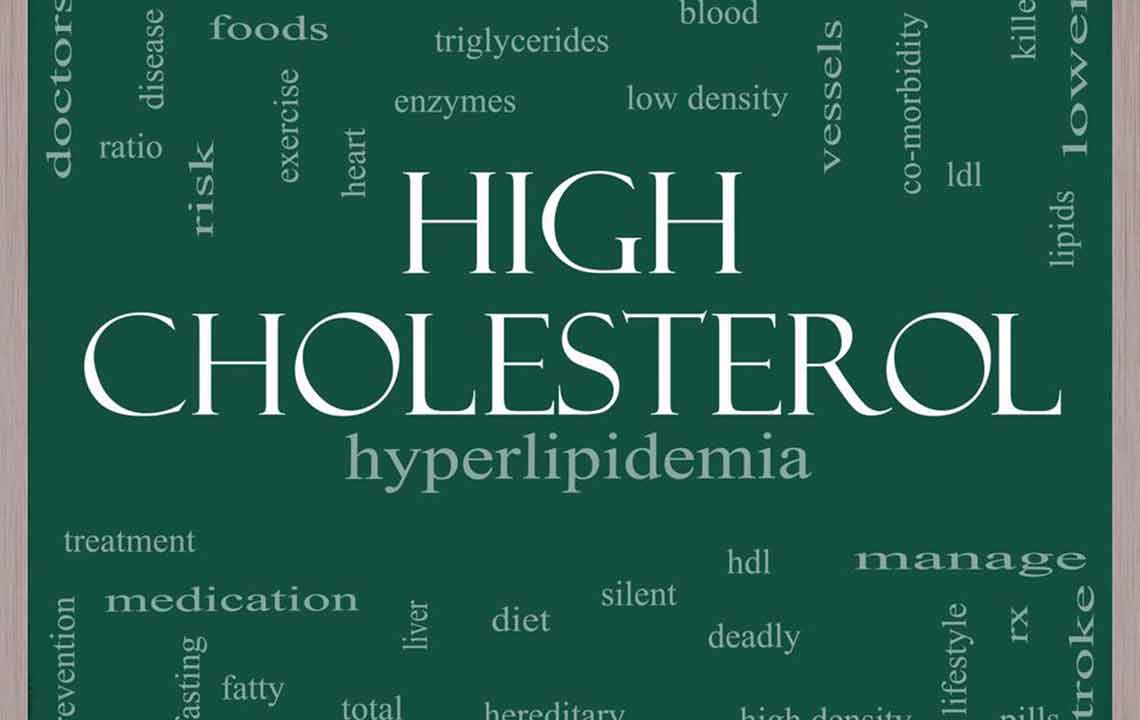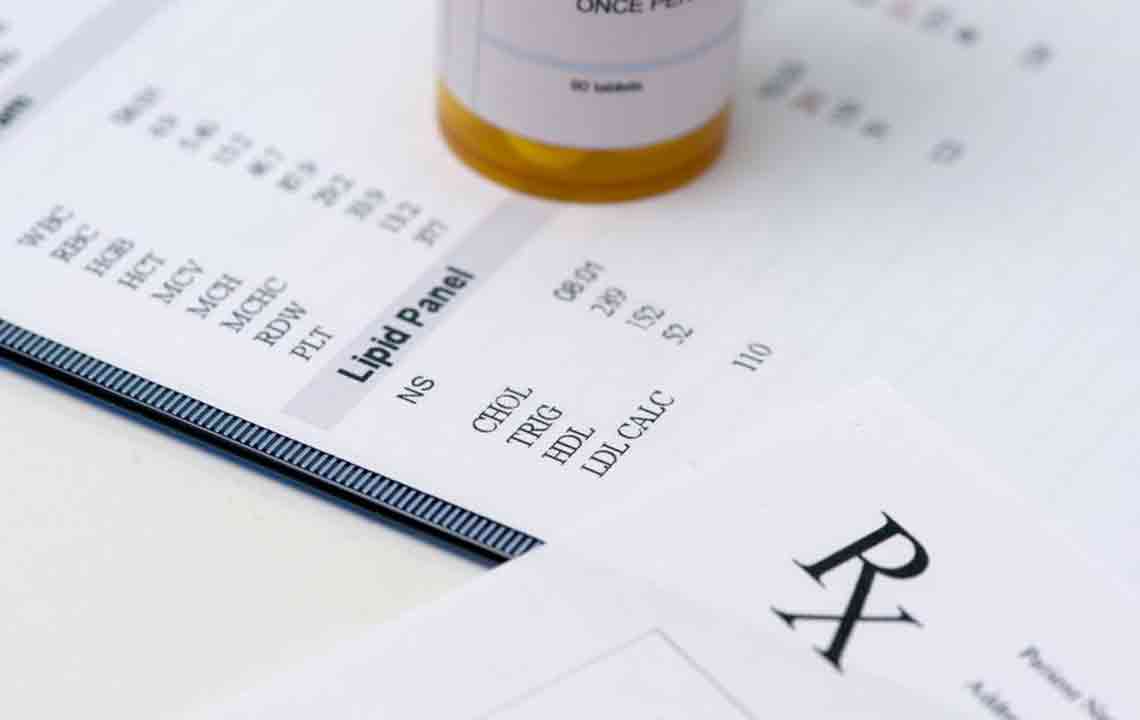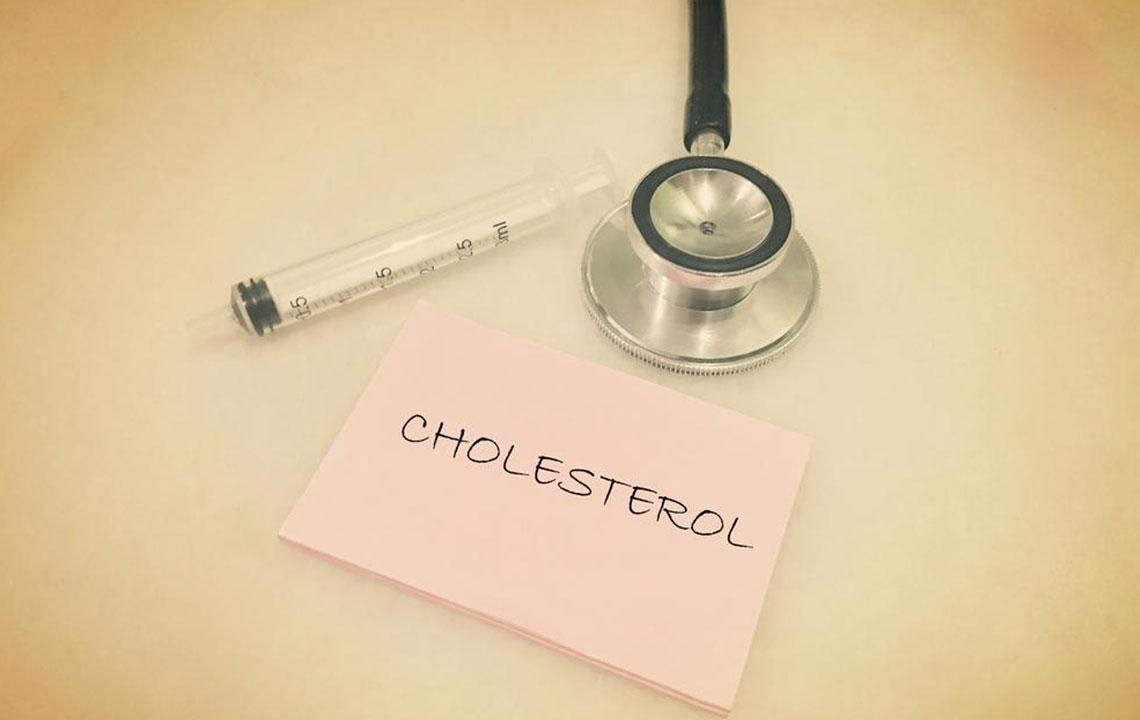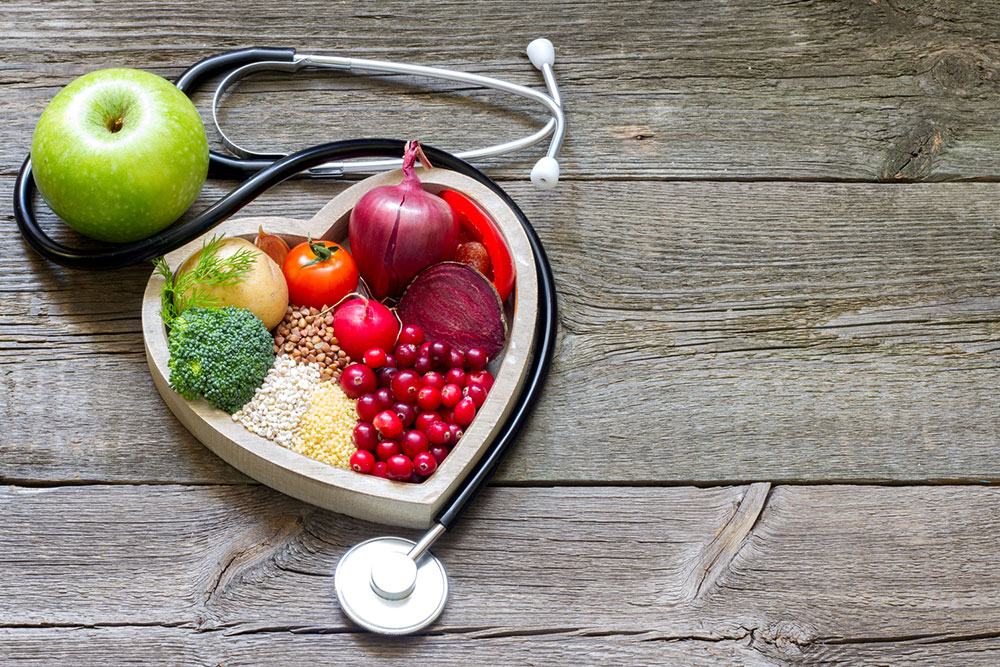Comprehensive Guide to Naturally Increasing Your Good Cholesterol (HDL) for Heart Health
This comprehensive guide explores effective natural strategies to boost your HDL cholesterol, or good cholesterol, crucial for heart health. It covers dietary tips, lifestyle changes, and exercise routines to help you improve your cholesterol profile and reduce cardiovascular risks. Learn how foods like olive oil, purple fruits, and fatty fish can elevate HDL levels, and discover practical advice on quitting smoking and engaging in regular physical activity. Maintaining optimal HDL levels is vital for preventing heart disease; start making positive changes today for a healthier life.
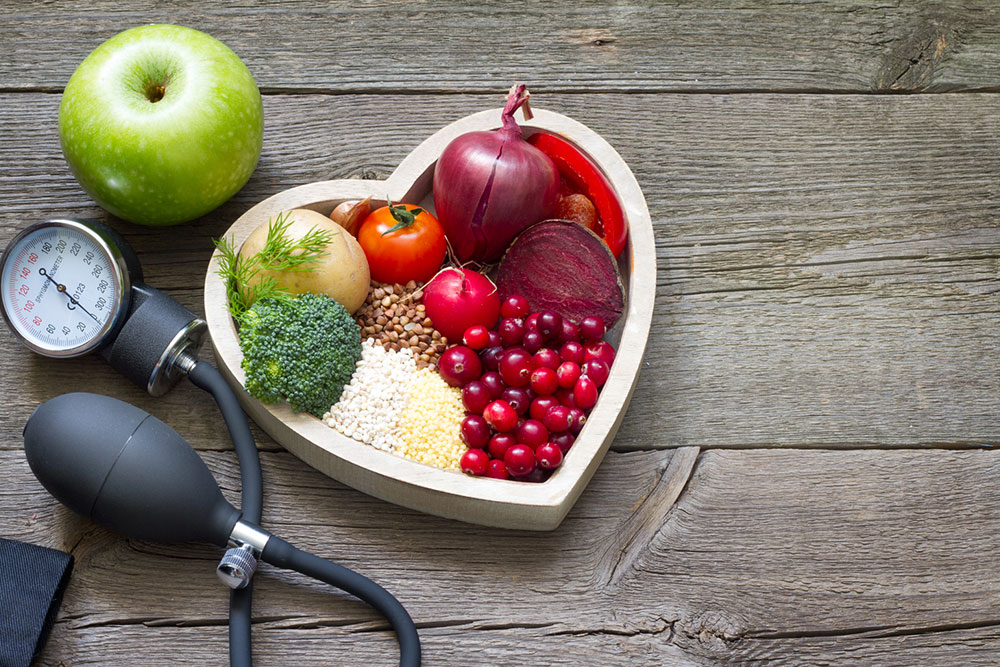
Effective Methods to Boost Your HDL Cholesterol Levels Naturally
Understanding the role of cholesterol in your body is essential for maintaining heart health. Not all cholesterol is detrimental; in fact, High-density lipoprotein (HDL), commonly known as “good” cholesterol, is vital for protecting your cardiovascular system. Unlike Low-density lipoprotein (LDL), which can contribute to plaque buildup in arteries, HDL helps remove excess cholesterol from the bloodstream by transporting it back to the liver for processing and elimination. Elevated HDL levels are associated with reduced inflammation and oxidative stress, offering protective benefits for your heart and overall health.
Monitoring your cholesterol levels is a crucial step in managing your cardiovascular health. A simple blood test can reveal your HDL and LDL levels, guiding you toward appropriate lifestyle changes. For optimal health, men should aim to keep their HDL levels above 40 mg/dl, while women should target levels exceeding 50 mg/dl. Maintaining these levels helps prevent the buildup of harmful LDL cholesterol, decreasing the risk of developing heart disease, stroke, and other cardiovascular conditions.
Increasing your HDL cholesterol naturally involves a combination of healthy lifestyle choices and dietary modifications. The good news is that small, consistent changes can lead to significant improvements over time. Here are some proven strategies to elevate your HDL cholesterol levels:
Adopt a Heart-Healthy, Low-Carbohydrate or Ketogenic Diet: Limit processed carbs and sugar intake, focusing instead on healthy fats and proteins. This dietary approach not only supports weight management but also encourages an increase in HDL cholesterol levels.
Incorporate Extra Virgin Olive Oil Daily: Rich in monounsaturated fats, olive oil has been linked to higher HDL levels and improved cardiovascular markers. Use it as a primary cooking oil or as a flavorful addition to salads and dishes.
Engage in Regular Aerobic and Resistance Exercise: Consistent physical activity, such as brisk walking, swimming, cycling, or strength training, helps boost HDL and reduces LDL levels. Aim for at least 150 minutes of moderate exercise weekly.
Quit Smoking and Limit Alcohol Consumption: Smoking significantly lowers HDL cholesterol; quitting can restore and enhance your good cholesterol levels. Moderate alcohol intake, particularly red wine, may also have beneficial effects when consumed responsibly.
Eat a Rainbow of Purple Fruits and Vegetables Rich in Antioxidants: Incorporate blueberries, blackberries, eggplants, purple grapes, and plums into your daily diet. These foods are high in antioxidants that reduce oxidative stress, support HDL functions, and contribute to overall heart health.
Foods high in monounsaturated and omega-3 fatty acids, such as fatty fish (like salmon, mackerel, and sardines), nuts, and seeds, can markedly increase HDL cholesterol. Conversely, trans fats and processed foods should be avoided because they lower HDL levels and promote inflammation and arterial damage. Even if you have a genetic predisposition to lower HDL levels, these lifestyle and diet changes can make a meaningful difference in your cholesterol profile.
Proper management of HDL cholesterol is a cornerstone of cardiovascular disease prevention. By combining dietary adjustments with consistent physical activity and healthy lifestyle habits, you can naturally elevate your good cholesterol levels. These efforts reduce your risk of heart disease, stroke, and other related health issues while enhancing your overall well-being. Remember, small changes today can lead to long-term health benefits tomorrow. Consult with your healthcare provider before making significant lifestyle alterations to ensure they’re suitable for your individual health needs.
Empowering yourself with knowledge and proactive habits is the best strategy for maintaining a healthy heart. Prioritize your health by making informed choices, staying active, and nourishing your body with the right foods. Your heart will thank you for it.
